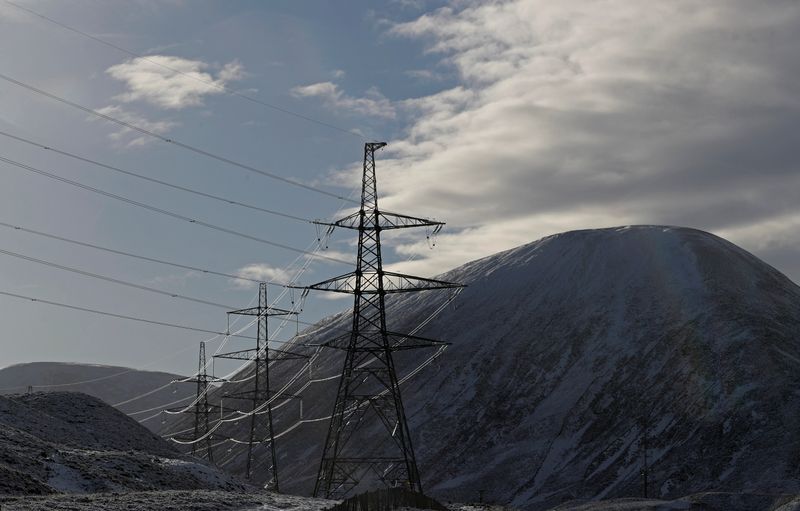LONDON (Reuters) - Britain's cap on domestic energy prices saved customers around 1 billion pounds ($1.3 billion) in 2019, but shopping around is still the best way to save money, the government said on Tuesday.
The cap on default electricity and gas bills came into effect in January this year and was a flagship policy of former British Prime Minister Theresa May to end what she called "rip-off" prices.
The Department for Business, Energy and Industrial Strategy (BEIS) said in a statement that "11 million customers have saved as much as 1 billion pounds on their energy bills in 2019, according to new data."
The cap, which in October was set at 1,179 pounds ($1,550) per year for average dual fuel consumption of gas and electricity, is set on energy suppliers' standard variable tariffs. These are the most widely used tariffs and often the most expensive.
Both BEIS and energy regulator Ofgem said despite the cap customers are likely to cut their bills by switching to cheaper deals available.
"Consumers can save more money this winter by shopping around for a better deal," Dermot Nolan, Ofgem chief executive said in the government's statement.
Around 4.4 million electricity and 3.6 million gas customers switched supplier in the first nine months of 2019, with typical households saving an average of 290 pounds a year on their energy bills, BEIS said.
Customers not switching and relying on the price cap saved around 75 to 100 pounds a year, it said.

In February Ofgem is expected to publish a new price cap level to come into effect in April.